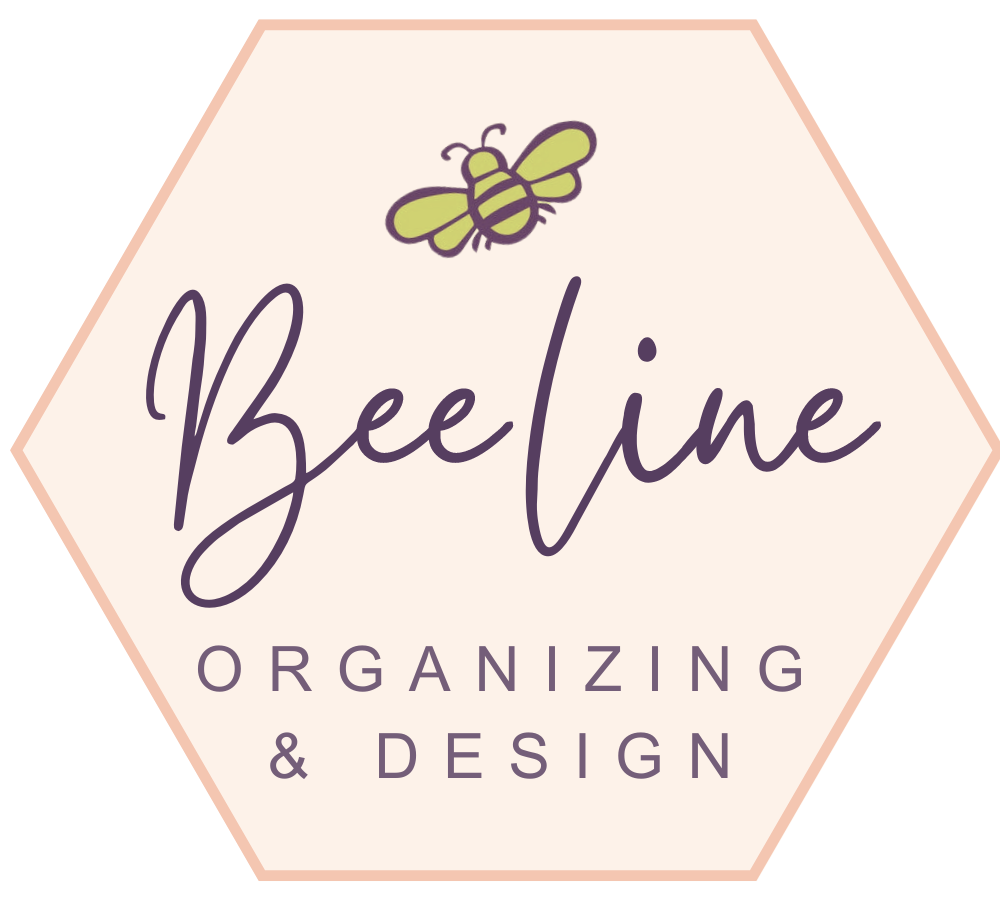Why is Decluttering So Powerful?
Decluttering is more than a quick tidying session or a trendy buzzword. It’s a purposeful practice with tangible benefits for our homes, minds, and the planet. In a world saturated with possessions and fast fashion, understanding the ecological benefits to decluttering can transform not only living spaces but also our relationship with consumption. This article explores why decluttering is powerful and how you can approach it in a sustainable, mindful way.
Introduction: The Case for Less, But Better
When you look around your living space, it’s easy to feel overwhelmed by clutter. Yet every item carries a hidden cost—production resources, energy for storage, and the eventual end-of-life impact. Decluttering challenges the assumption that more stuff equals more happiness and shifts the focus toward what truly serves you. By examining the ecological benefits to decluttering, we can align personal well-being with environmental stewardship. The goal isn’t simply to own less, but to own better: higher quality items that last, and a lifestyle that minimizes waste.
Ecological Benefits to Decluttering: Why Less Can Be More for the Planet
- Reducing consumption: When you declutter, you often reassess what you truly need. This awareness can lead to buying fewer new products and choosing higher-quality, longer-lasting items. Fewer purchases mean fewer resources extracted, less energy used in manufacturing, and lower shipping emissions.
- Extending product lifespans: By repurposing, repairing, or donating items you no longer need, you increase the chances that others will use them. This circular approach reduces waste and slows down the pace of single-use culture.
- Lower energy and resource use: A smaller collection of belongings typically requires less storage space, climate control, and cleaning supplies. The cumulative effect is a notable reduction in energy consumption and resource use in daily life.
- Waste reduction and landfill impact: When you declutter responsibly, you divert usable items from landfills. Donating, selling, or recycling keeps materials in use longer and minimizes the environmental harm associated with disposal.
- Positive knock-on effects: Decluttering often leads to more mindful consumption overall. With fewer distractions, you may become more deliberate about purchases, prioritize sustainable brands, and adopt repair-focused habits that broaden ecological benefits.
Practical Strategies for Sustainable Decluttering
- Start with a plan: Define your goals (e.g., cut household waste by 30%, donate 20% of items) and set a timeline. A clear plan helps maintain momentum and keeps you focused on ecological outcomes.
- Triage like a pro: Use a simple framework—Keep, Donate/Sell, Recycle, Trash. Be honest about what adds value to your life and what simply takes up space.
- Repair and refurbish: Before discarding, explore whether an item can be repaired or refreshed. Small fixes can extend life and reduce the demand for new resources.
- Donate thoughtfully: Choose organizations that maximize the use of your donations. If possible, white-glove donation or local community groups can ensure items reach those who will use them.
- Embrace minimalism with purpose: Minimalism isn’t about deprivation; it’s about clarity and intention. Curate a collection of essentials that align with your values and ecological goals.
- Organize for sustainability: Efficient storage reduces the likelihood of losing items and having to repurchase. Label bins, use vertical space, and implement a system that makes it easy to find what you own.
The Psychology of Decluttering: Mindset Matters
Decluttering can also have profound mental health benefits. A calmer environment often leads to reduced decision fatigue, lower stress levels, and improved focus. When possessions no longer demand endless maintenance or mental energy, you create space for activities that matter—whether that’s time with loved ones, hobbies, or rest. Linking psychological benefits to ecological outcomes creates a powerful narrative: personal well-being and environmental health reinforce each other.
Case Studies: Real-Life Wins for People and the Planet
- A family reduces household waste by reorganizing and donating mismatched toys, creating more storage and time for shared activities.
- A creative professional saves money and discovers renewed interest in handmade or repaired items, shifting toward a more sustainable sourcing approach.
- A student minimizes fast-fashion purchases by decluttering wardrobe clutter and investing in durable, versatile pieces.
Each example illustrates how decluttering can ripple outward: fewer belongings, less waste, and more intentional consumption.
Overcoming Common Barriers
- Attachment to items: Remind yourself that items are tools, not extensions of identity. Take photos of sentimental items you can’t part with to preserve memory without physical clutter.
- Perceived value: Items you haven’t used in a year may still feel essential. Challenge yourself with a trial period to see if you genuinely miss them.
- Time constraints: Start small—15 minutes a day or a weekend blitz—and build consistency. Small, steady progress compounds into meaningful ecological gains.
Why is Decluttering So Powerful? – Final Thoughts: Embracing a Lighter Footprint
Decluttering is a powerful act that aligns personal well-being with ecological responsibility. By reducing consumption, extending product lifespans, conserving energy, and minimizing waste, you can experience tangible benefits at home while contributing to a healthier planet. The ecological benefits to decluttering are not abstract concepts; they are practical outcomes you can achieve with intentional choices and steady habits. If you start with a plan, stay focused on sustainability, and celebrate the wins, decluttering transforms from a daunting task into a meaningful lifestyle practice.
In the end, less can be more—more clarity, more freedom, and a cleaner, greener footprint for you and future generations.
Contact us today and let Beeline Organizing & Design help you to enjoy the benefits of decluttering!

